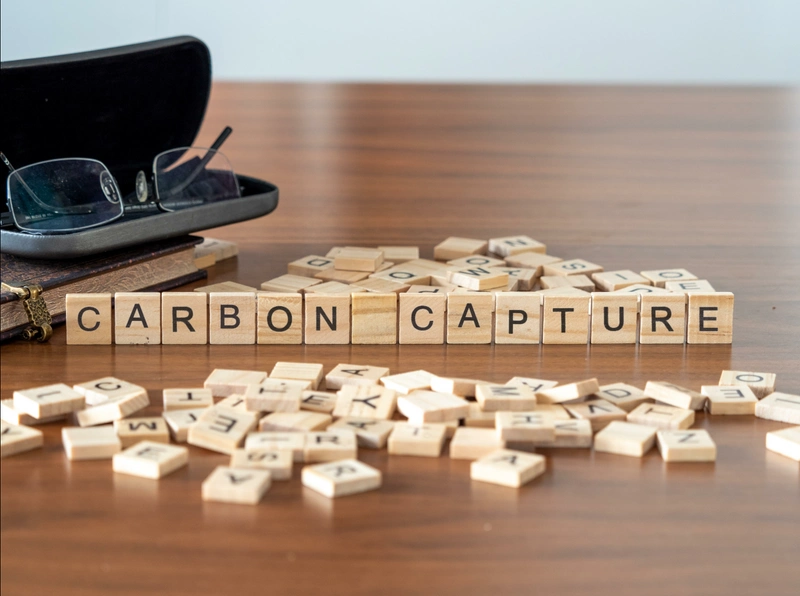
An Australian company has lined up the country's national science agency and Japanese firms to work on a plan to capture carbon dioxide, and liquefy and transport it to a site offshore Australia to be injected under the seabed.
The push comes as the Australian government recently named carbon capture and storage as one of five priority technologies it would fund in an A$18 billion ($13 billion) plan to help cut carbon emissions.
Perth-based Transborders Energy, leading the deepC Store project, said on Monday it wants to capture carbon emissions from liquefied natural gas (LNG) plants and other industrial plants in Australia and the Asia Pacific.
If studies and engineering design work go ahead on target, the project could start burying CO2 after 2027, Chief Executive Officer Daein Cha said.
"We want to advance the project while government funding is available," Cha told Reuters.
Using technology it has developed for small-scale floating LNG production, Transborders wants to set up a floating facility off Australia which could inject 1.5 million tonnes a year of CO2 under the seabed.
Cha did not say how much deepC Store would cost, but said his benchmark is the Northern Lights project, a similar project led by Norway's Equinor in the North Sea, which is expected to cost 6.9 billion Norwegian crowns ($788 million).
That figure does not include the cost of building facilities to capture and liquefy CO2 for transport.
Transborders has signed preliminary agreements to work with the Commonwealth Science and Industrial Research Organisation (CSIRO), Mitsui O.S.K. Lines, Kyushu Electric Power Co, Osaka Gas Co, the Australian arm of Tokyo Gas Co, engineering firm Add Energy and contractor TechnipFMC.
The Japanese utilities are stakeholders in LNG plants in Australia which could supply CO2 for the project.
($1 = 8.7613 Norwegian crowns)
($1 = 1.3457 Australian dollars)
(Reporting by Sonali Paul; Editing by Rashmi Aich)





No comments:
Post a Comment